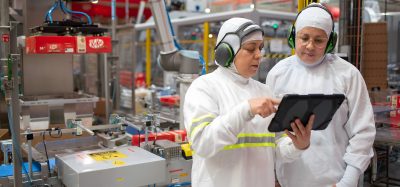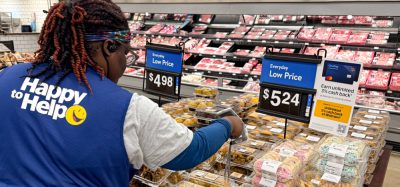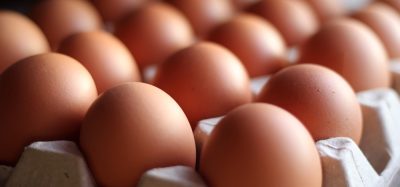How can we fix food insecurity in London?
Posted: 25 May 2023 | Hina Bokhari | No comments yet
With the cost-of-living crisis hitting many consumers hard in the capital, Hina Bokhari AM, former Chair of the London Assembly Economy Committee, reveals the advice given to the Mayor to help alleviate food insecurity.
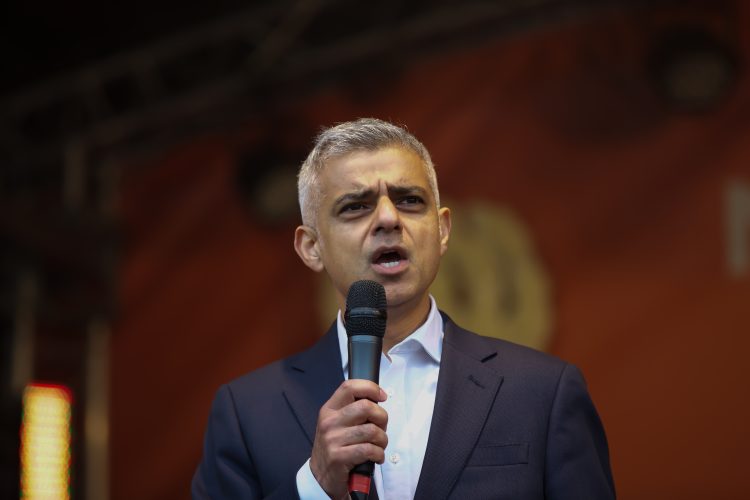

The London Assembly Economy Committee "scrutinises" the work of Sadiq Khan, the Mayor of London, and reveals the advice it has given in relation to food insecurity in the capital.
No one should have to rely on a food bank to feed themselves or their family. But sadly, this is the reality for far too many people today as they struggle to make ends meet due to the current cost-of-living crisis.
Food security is defined as always having financial and physical access to an adequate and nutritious diet. Affordable and healthy food is a normal part of daily life for many of us – but not for everyone. If a person’s food intake is reduced and their eating patterns are disrupted because of a lack of money and other resources for obtaining food, this means that they are food insecure.
Food insecurity is not a new phenomenon for households on low incomes. However, rising inflation and the subsequent cost-of-living pressures are making this situation much worse for many Londoners.
Our investigation
The London Assembly is a 25-member elected body that scrutinises the activities of the Mayor of London and investigates issues affecting Londoners. As the most powerful directly-elected politician in the UK, it is important that the Mayor is publicly held to account.
The London Assembly Economy Committee scrutinises the work of the Mayor relating to economic development, wealth creation, social development, culture, sport and tourism in the capital. In a year where food prices rose at the fastest rate since the 1970s, we wanted to understand the scale, causes and potential solutions to the problem of food insecurity in our city.
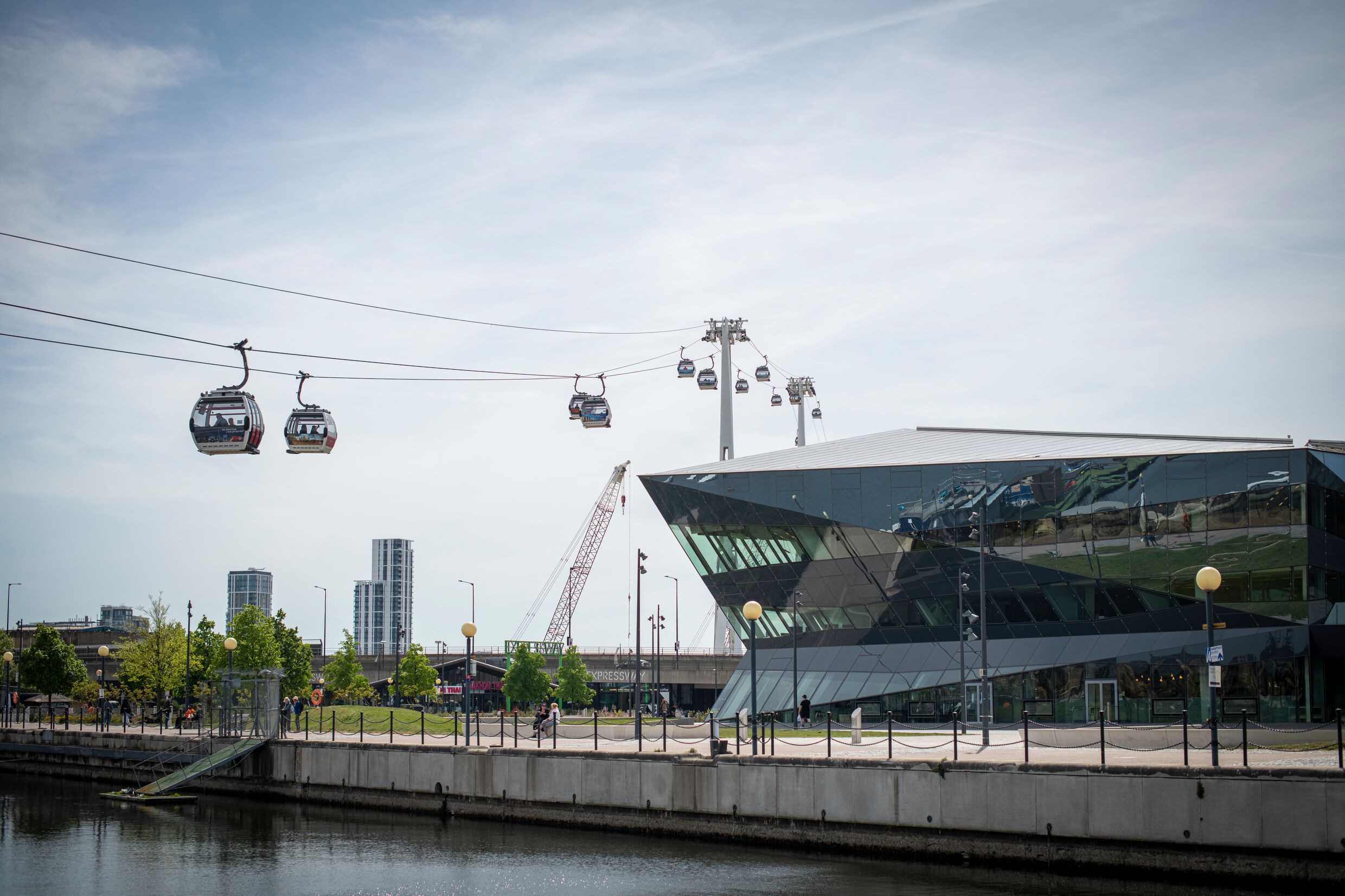

Members of the London Assembly meet at City Hall in Newham Picture credit: Greater London Authority
We spoke to experts in the field as well as people who had experienced food insecurity, including during a visit to Wandsworth Foodbank. We heard repeatedly that food poverty is getting worse, and food banks are struggling to cope.
Everyone we spoke to understood that food insecurity is a symptom of wider financial insecurity and poverty. We held a public meeting where guests highlighted a range of problems, related to a lack of job security, low pay, problems with Universal Credit and insufficient advice services.
One person who had experienced food insecurity told us: “When you struggle to feed yourself, you feel powerless, small, and inadequate. With the other stresses, this just exacerbates the problem. It is like a vicious cycle, and it starts to beat you down; your self-esteem, confidence, and identity as a person.”
Understanding food insecurity in London
Food inflation is continuing at a rapid pace. Food and non-alcoholic beverage prices rose by 19.2 percent in the 12 months up to March 2023, according to the Office for National Statistics (ONS). It found that the price of cucumbers was up 52 percent, olive oil up 49 percent and hard cheese up 44 percent.
This is undoubtedly having an impact on consumers’ ability to buy food. The Food Foundation’s tracking of food insecurity levels found that 18.1 percent of households in London were food insecure in September 2022, compared to 11.1 percent in April 2022.
The rise in the cost of living is putting pressure on food banks and their users. Between April and September 2022, food banks in the Trussell Trust network distributed 1.3 million food parcels across the UK. Of these, 163,524 were distributed in London. This was a 17 percent rise compared to the same period in 2021.


According to the Trussell Trust, between 1 April 2022 and 31 March 2023, its network of food banks across the UK distributed close to three million emergency food parcels
Anecdotally, I volunteer at a food bank in Wimbledon and noticed a spike of users during the pandemic. There were queues outside the building, with people travelling from across London to collect food parcels. Nurses and teachers were coming in to use the food bank wearing baseball caps because they felt shame and stigma at being there.
Foodbanks are now embedded in local communities. Several people we spoke to told us that it was more than just a food bank, with staff and volunteers signposting users to other places for support, advice on applying for benefits, and help with form-filling.
There is no doubt that food banks, including the brilliant staff and volunteers that we met in Wandsworth, are playing a vital role in supporting people in real need.
But we should not have to rely on food banks to act as a safety net in this way and, despite the rise in usage, we were told by Anna Taylor, Executive Director at The Food Foundation, that food bank use is just the ‘tip of the iceberg’ when it comes to food insecurity.
It was clear to the guests at our meeting and food bank visit that poverty and low income are the main causes of food insecurity. They identified several specific factors, including low pay, insecure work and issues with the benefits system.
We were told that adverse life events can lead to the development of poverty and food insecurity, while people with ill health or a disability are more likely to experience food insecurity than the general population.
People that had experienced food insecurity told the Committee about the impact that this had on their mental health. In fact, the Trussell Trust found that poor mental health affected over a third (38 percent) of households referred to food banks in London.
We need a long-term solution
Part of our role is to make recommendations to the Mayor of London and other bodies on how to make improvements for people living in London. We published a report with our findings and 13 recommendations to the Mayor and government on how to alleviate food insecurity in the capital.
Households with children experience higher levels of food insecurity than households without children, although parents are more likely to experience food insecurity than their children, according to the Greater London Authority’s Survey of Londoners 2021-22 An estimated 210,000 children in London living in poverty do not currently qualify for free school meals, according to the Child Poverty Action Group
Having been a teacher in primary schools in some of the most deprived parts of London, I know how much a child can be affected by being hungry in the classroom. They can be distracted, emotional, and react to the smallest of things. A child can’t focus on learning and a teacher can’t focus on teaching. Hunger can impact a school in ways that are detrimental to all.
In February 2023, the Mayor announced that he would provide £130 million in funding to ensure all primary school children in London receive free school meals during the 2023-24 academic year. We welcome the Mayor’s announcement as a way of addressing child food insecurity, but we need a long-term solution to the problem as well as a short-term fix.
Because of this, we have called on the Mayor to provide a further update on this work at the start of the 2023-24 academic year, for regular updates throughout the year, and to explain why the decision was taken to prioritise primary schools over secondary schools. We also want the Mayor to work with the government and local authorities in London to develop plans to expand the provision of free school meals once his own funding comes to an end.
Eligible children are not automatically enrolled for free school meals, meaning their parents have to apply to the local authority in order to receive them. An estimated 215,000 school children in England are eligible for free school meals but are not currently registered for them. It is essential that all eligible children receive the meals they are entitled to. To make sure this is the case, we want the government to introduce automatic enrolment for free school meals and the Healthy Start scheme using social security records.
The rising cost of food will be a worry to many families across London and the UK, particularly to those who are food insecure. We urge the Mayor and the government to act now to help alleviate food insecurity in London and make sure everyone has access to affordable and healthy food.
About the author


Picture credit: Greater London Authority
Hina Bokhari AM is the Former Chair of the London Assembly Economy Committee and was the Chair throughout the food insecurity investigation.
Hina Bokhari AM has been a London Assembly Member since May 2021. She chaired the Economy Committee for the 22-23 Assembly year, overseeing several investigations including food insecurity in the capital. Hina has taught for 20 years in some of London’s most deprived areas and founded two charities to help young people. Other than raising her two young children, her key interests are ensuring the widest range of communities and more young people are involved in decisions in London.
Related topics
Food Security, Health & Nutrition, Regulation & Legislation, Research & development, The consumer, Trade & Economy
Related organisations
London Assembly Economy Committee, The Food Foundation, The Trussell Trust





